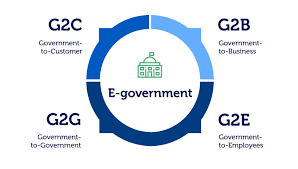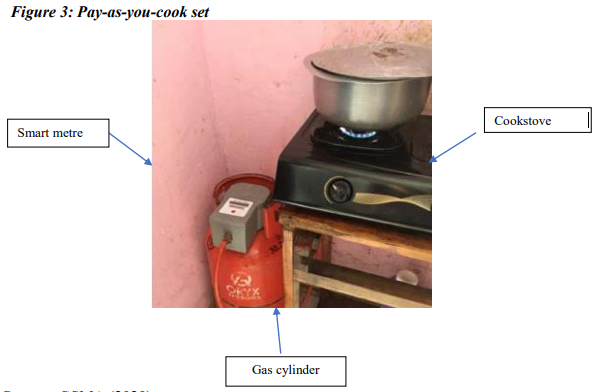Fee Free Education on Standard Four National Assessments
Effects and Coping Strategies in Selected Public Primary Schools in Dodoma City Council-Tanzania

Downloads
Tanzania reintroduced fee -free education policy to provide opportunities for all school-age-going children to attend primary school education. However, fee-free education in Tanzania exponentially increased enrolments in primary schools beyond the resources offered by the government. This implies that the student's performance is likely to be negatively affected and thus the aim of fee-free education. Extant studies and government reports reveal that despite the shortages of school resources due to FFE, some public primary schools still performed better in the Standard Four National Assessment (SFNA). Therefore, this study examined coping strategies for SFNA in 10 selected public primary schools in Dodoma City Council. The study employed a qualitative approach, case study design and purposive and simple random sampling techniques. The findings reveal that despite scarce resources the performance continued to improve to up to 90 per cent pass rate. This is because of the coping strategies employed by the teachers including teaching extra time, teaching before 8:00 am and from 2:30 pm to 5:00 pm, and the provision of meals which enabled schools to extend school timetables for Standard Four students to 5:00 pm. Saturdays were used for administering tests and corrections of class exercises. These coping strategies however had financial implications such as the recruitment of part-time teachers. Furthermore, teachers coping strategies cannot work better in all local government authorities because of the existence of differences in contexts, therefore, the government may expand the allocation of resources equivalent to the enrolment of pupils. The study employed a qualitative approach and case study design.












